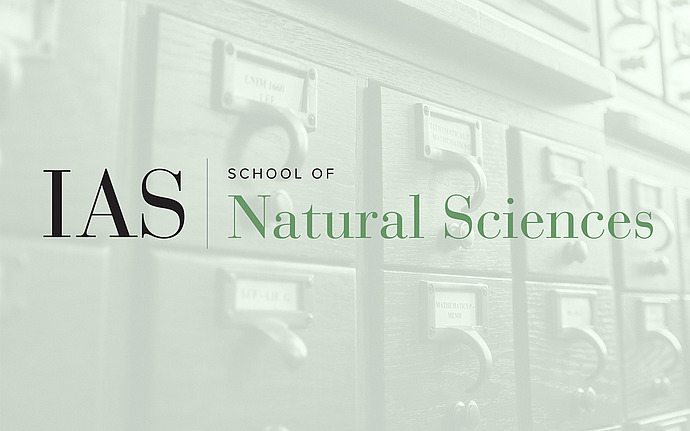
Institute for Advanced Study/Princeton University Joint Astrophysics Colloquium
Black Hole Feedback and Chemical Enrichment in Clusters, Groups and Giant Elliptical Galaxies
In the course of structure formation, only a small fraction of the baryons turned into stars - most remain in a diffuse hot intergalactic medium. The growth and evolution of galaxies is controlled by feedback processes, such as energy and metal input to the IGM from supernovae, and from the jets and winds of accreting supermassive black holes. I will start my talk by presenting observational results on the role of supermassive black holes in maintaining a delicate balance between heating and cooling in clusters of galaxies. I will present measurements from the Hitomi satellite, which show that the jets emanating from the central supermassive black hole are stirring the hot intra-cluster medium. Then, I will show the results of X-ray and other multi-wavelength observations for a sample of nearby giant elliptical galaxies, and discuss how is the black hole feedback cycle maintained, suppressing star formation and keeping these galaxies ‘red and dead’. Finally, I will zoom out and present Suzaku measurements of a uniform metal abundance distribution in the cluster outskirts, which indicates that supermassive black holes played an important role in the distant past.
Date & Time
February 06, 2018 | 11:00am – 12:00pm
Location
Princeton University, Peyton Hall, Auditorium, Room 145Speakers
Norbert Werner
Affiliation
Eötvös Loránd University, Budapest
Event Series
Categories
Notes
Coffee and refreshments are available from 10:15 am in Peyton Hall Common Room.